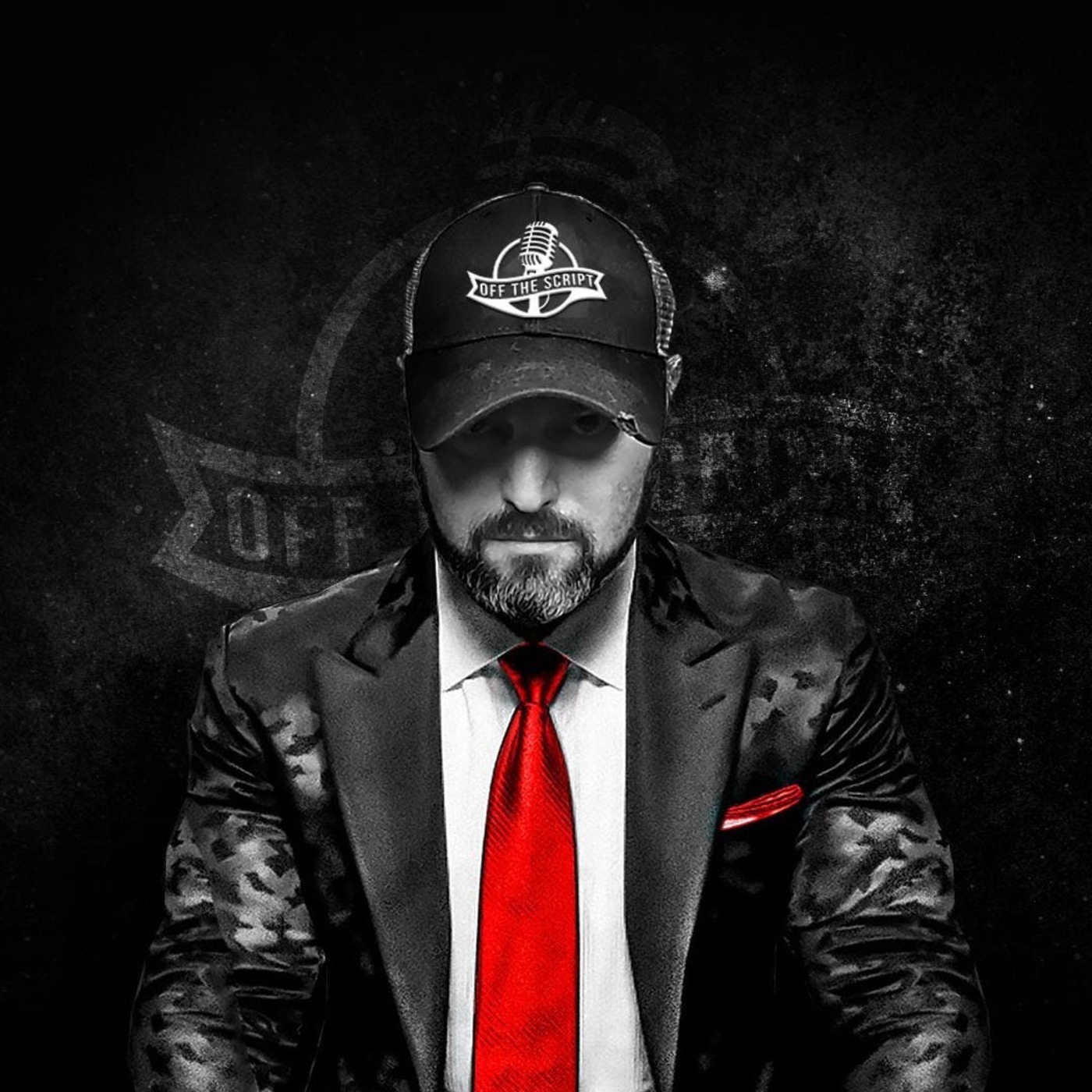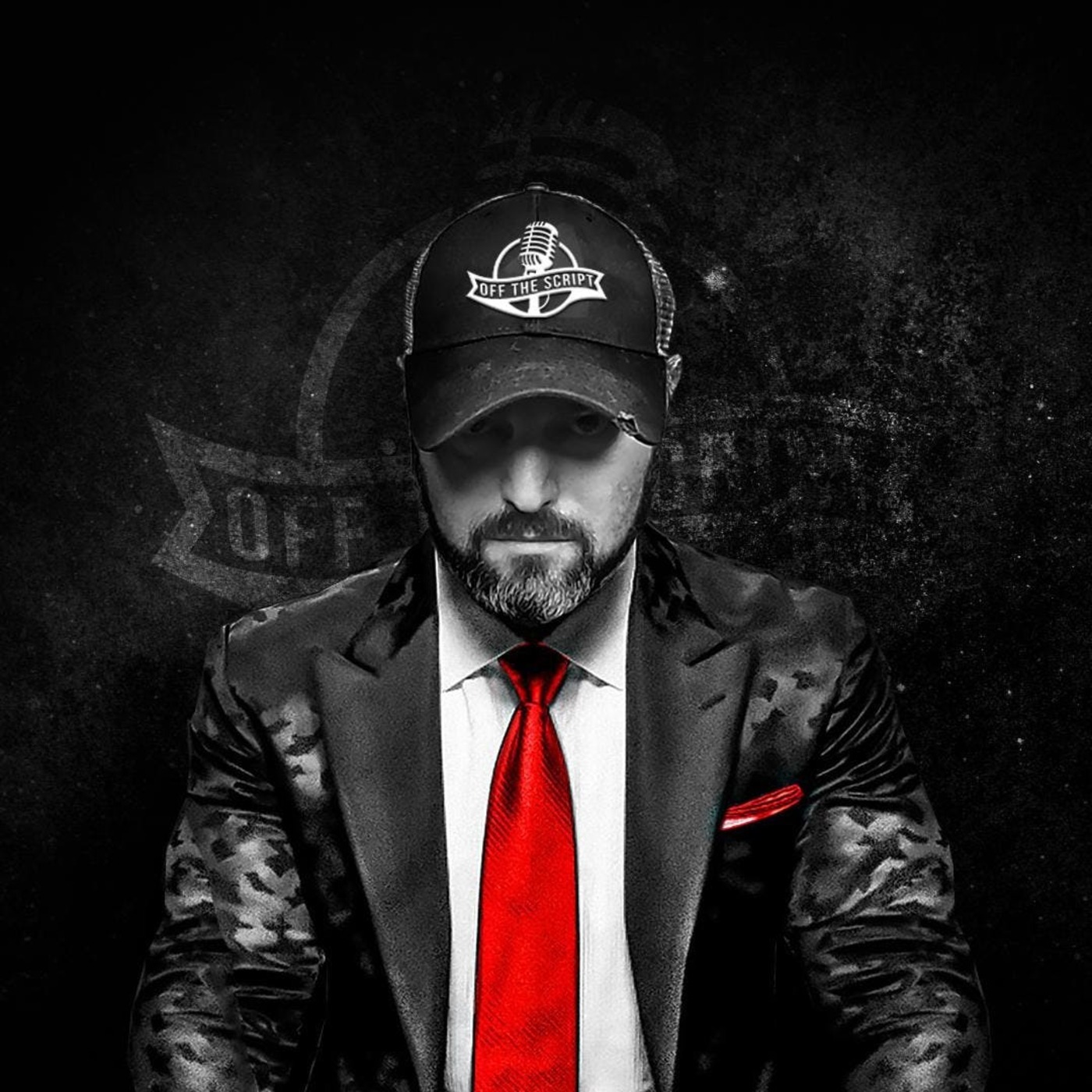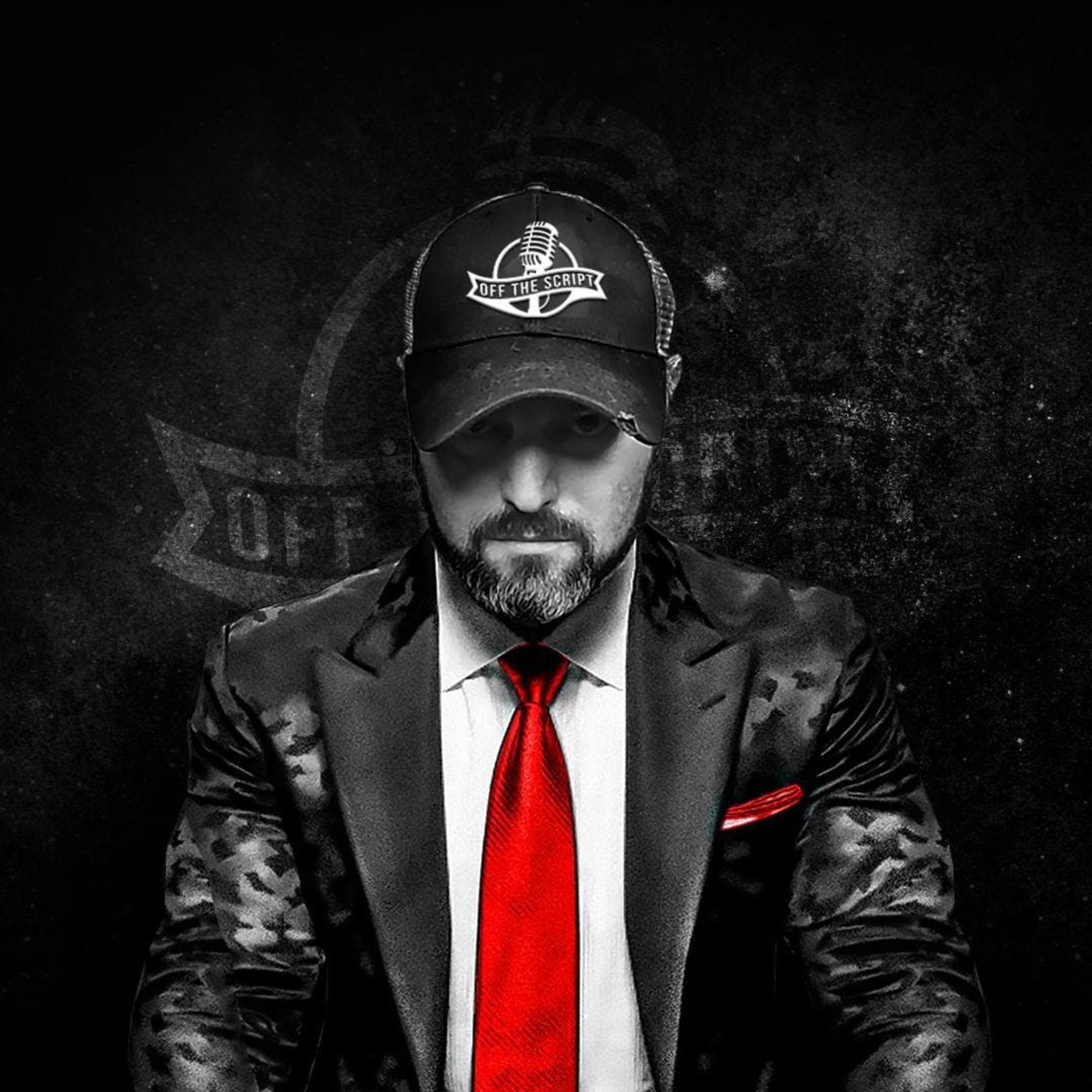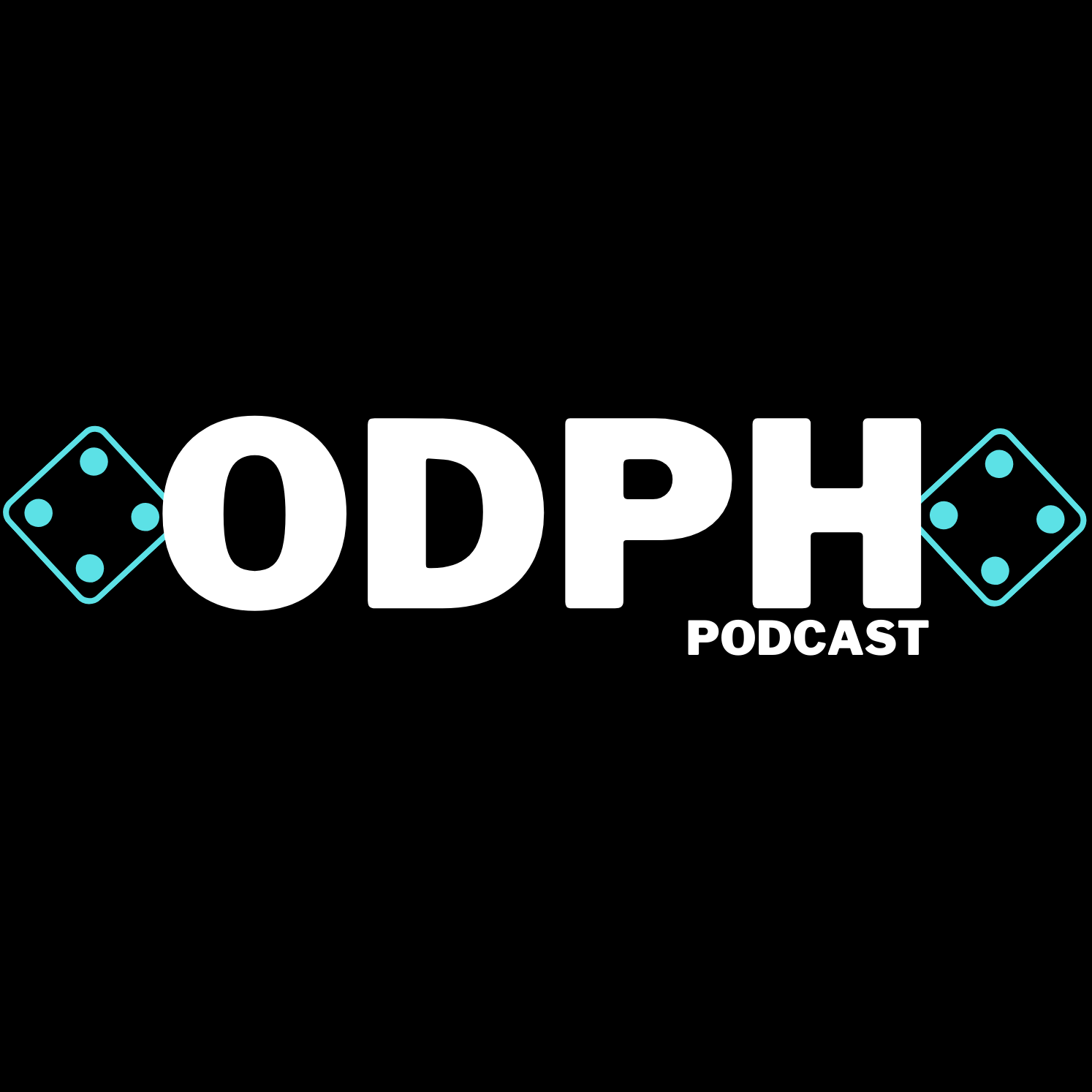Ep 158: The Knowledge Gap
Natalie Wexler, author of The Knowledge Gap, clues us in onto the widening knowledge gap: what it is, why it’s happening, and how we might begin to narrow it.If you've enjoyed Talking to Teens, we'd love if you could leave us a five-star rating, and if you have time, a review! Full show notesFor many of us, education is the #1 priority for our kids. A good education can help lift kids out of poverty, can ensure a financially stable and independent future, and can open up the doors of opportunity and possibility, no matter what they dream of doing! While hobbies, social life and athleticism are all important parts of helping kids become well rounded, education is key to giving them the ticket to a prosperous life.But the sad truth is that our education system might not be doing what we need it to do! In many ways, our current curriculum takes the wrong approach, leaving kids without the knowledge they need to succeed in adulthood. Today’s schooling is especially ineffective for students who are not so affluent, with a rising gap in test scores and academic performance between those on the highest and lowest ends of the socioeconomic spectrum.So how can we create an effective, equitable system that gives our kids the chance they deserve? Our guest, Natalie Wexler, is here to help us find out. She’s the author of The Knowledge Gap: The Hidden Cause of America's Broken Education System--and how to Fix it. In our interview, she’s bringing attention to the serious issues facing today’s students, and how schools can start doing better by those they teach.Natalie and I are discussing how our schools are focused on helping kids develop critical thinking skills instead of helping them build up a base of knowledge. Although this might sound like the right approach, it’s actually doing a disservice to kids all across the country! We’re also getting into why our nation’s wealth gap is so present in our education system, and discussing how you as a parent can give your kids’ education a boost.The Crisis of Our CurriculumAlthough we may not see it (or want to confront it), there are some issues that run deep through the American education system. These problems tend to affect low income students the most, but can be found in schools across the country, no matter the school’s location or price tag. These problems that are fundamentally built into our nation’s approach to teaching students! They lie in our decision to forgo teaching kids hard knowledge, self expression, and memorization, and instead teach them basic, repetitive comprehension skills.While it’s great for kids to have strong comprehension and think critically, they need to have a foundation of knowledge, says Natalie–knowledge they’re not really getting. For example, students are taught to find the main idea of a passage, or are asked to answer questions about the contents of the reading, but rarely are they taught hard information about important topics, like historical events. They often don’t read and discuss literature, and they don’t memorize scientific terms! This is especially true for less affluent students, but a part of it rings true for schools across the country.Natalie explains that when kids read about vikings, or pyramids, or Marie Curie, and then asked to write about those topics, they find themselves interested in learning new things. They feel intrigued by this important social science or scientific topics and feel engaged when asked to write on them-so why don’t we approach teaching this way more often instead of handing out bland passages with no memorable content? For many students, it’s because they have been marked as “behind” due to unequal access to education–and this is the ineffective way schools have attempted to help.Why Education Isn’t EqualFor kids growing up without a lot of resources, these issues within the system are even more damaging. For kids whose parents may have never finished high school, there are quite a few extra obstacles in the way of a good education, says Natalie, and the curriculum tends to be one of them. Often, this “skill” based approach is meant to help kids with a lower quality elementary/middle school education get up to speed, but the problem is often that they just don’t have enough knowledge-based education to begin with.Plus, kids who are raised in better funded schools or with highly educated parents are usually given more intellectually complex texts to read. As Natalie says in the episode, knowledge is like velcro, and as kids read more sophisticated work, they become capable of understanding even more complicated readings–until they are able to comprehend at a very high level. Meanwhile, those who didn’t have the opportunity to read sophisticated content find themselves unable to make the same level of growth, widening the gap between rich and poor students.Natalie explains that high school kids from low income areas often can’t even identify the U.S. on a map and may struggle to write a sentence–not because they aren’t capable of understanding that information but because the early curriculum for these students is far behind that of wealthier students. It’s our current system that's letting them down, and it’s something that needs to change as soon as possible, says Natalie.If you’re worried that your kid isn’t getting the education you’d hoped for, Natalie and I are talking about what you can do to look out for your kids’ learning.Prepping You Kid For SuccessIf you’re concerned that your teen might not be getting the most out of school, don’t fear. Natalie and I discuss some steps you can take to give your kid a fighting chance at a good education. One of the most effective ways parents can help is by starting at-home help early on No matter how old your kid is, helping them build their knowledge and vocalize their own interpretations of material can give them a major boost. This means not just reading to or with them, but also having discussions together after!Natalie recommends that teens do additional writing at home on the subjects they're learning about in school. By retaining and rephrasing the knowledge they’ve gaine and using their own voice to dissect its meaning, they are gaining the ability to process ideas critically and express themselves–a priceless skill for making their way in the world. If you can, Natalie suggests finding a tutor as well! Tutors can provide supplemental assignments and guidance to kids, bringing a personal, one on one approach that’s especially helpful to kids who have fallen behind.You might be wondering, how can I find out more about the curriculum at my kid’s school? Unfortunately, as Natalie and I discuss, this is harder than it should be. Most schools don’t have a place where the state-mandated or even school-specific curriculums are shared publicly. In fact, at some schools, there is no curriculum at all, and teachers are expected to come up with their own. Natalie and I talk more on this in the episode, and how urgent it is that change emerges and more transparency is brought to our schooling system!In the Episode…There’s a lot we still have to learn about education...but Natalie is here to help. On top of the topics discussed above, we also cover:Why we should start teaching history to younger kidsWhat happens when you “personalize” educationWhy memorization can be a great learning toolHow the co...
# Curriculum IssuesProblems and challenges associated with the current educational curriculums that can hinder effective learning and knowledge acquisition.



















